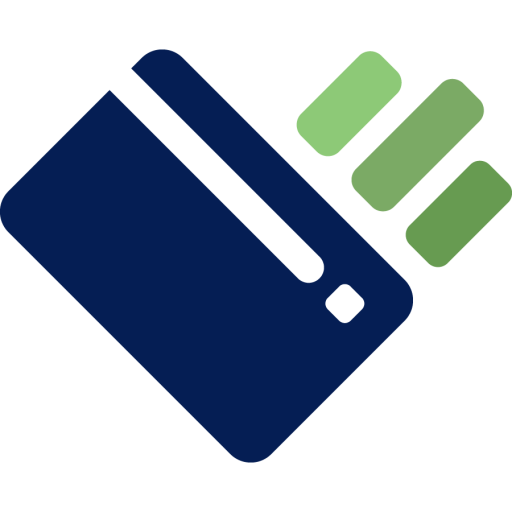Building a Healthier Nation - One Budget At A Time
Dealing With Debt (DWD) is a 501c3 nonprofit that helps people take control of their money and secure a brighter financial future through financial education, expert guidance, and a judgement-free social media community.
At DWD, we believe that by expanding financial education we can increase human thriving.
We provide clear guidance, practical tools and a supportive community.
Debt-trimental Facts:
Source: Mind over Money survey by Capital One and The Decision Lab
Source: National Library of Medicine (NIH)
Source: Forbes Advisory Survey, Feb 2023
Source: Money and Mental Health Institute
Our Vision
A world where financial stability is achievable for everyone, free from stress, fear, and uncertainty.
Our Promise
Dealing With Debt is committed to helping people break free from financial stress and build a healthier relationship with money and debt. With expert guidance, practical tools, and a judgment-free community, individuals gain confidence, take control of their finances, and achieve lasting stability
We Service Everyone!
Education for All
- We break down barriers by providing free, accessible, and easy-to-understand financial education for all. We deliver clear, factual, and unbiased financial education that people can trust.
Guidance & Support
- We understand how deeply personal financial challenges can be. That's why we created a safe judgement-free space where people can get guidance & support without fear or shame.
Guardrails & Safety Nets
- Financial literacy is key to long-term financial well-being. We equip people with clear, actionable knowledge to help them make more confident, informed financial decisions to create lasting stability.
Join our social community to make connections with peers, participate in or initiate group discussions, enroll in financial literacy courses, and subscribe to our content feeds that provide a steady stream of valuable information, tips, and ideas to help you build the future you aspire to achieve.
Explore DWD's Content Channels
Financial Literacy Courses
“cost of funds”
the lending process

Get in Touch With
Dealing With Debt
512-807-0696
office@dealingwithdebt.org
5301 Southwest Parkway,
Suite 400
Austin, TX 78735

